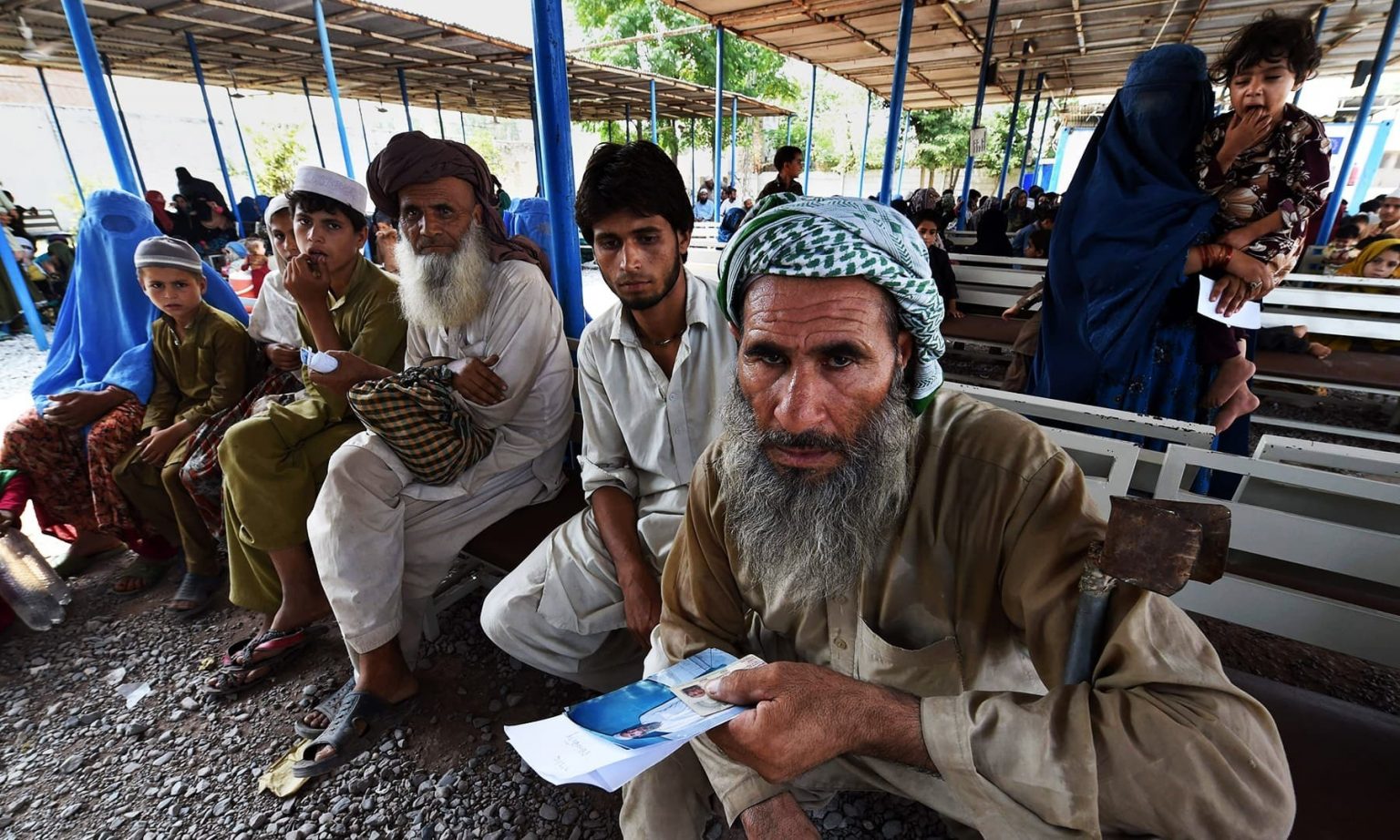In 1969, my father escaped Libya in the back of a Red Cross ambulance just after Moammar Qaddafi overthrew King Idris I. Just six years old, my father, along with my aunts and grandparents, fled directly from Tripoli to Baltimore, where he lived for a year before relocating to the Chicago suburbs. My geddo (grandfather) was an Egyptian physician and public health expert whose work with the W.H.O and the U.N. took my family throughout the Middle East — Egypt, Palestine, Lebanon, Jordan, and, of course, Libya — before my family made a home in America and naturalized. My father attended a Lutheran grade school and a Dutch Reformed high school, listened to Simon & Garfunkel records on the weekends, and eventually married my mother, whose family traces its roots to 17th-Century New England. In the span of half a generation, my Egyptian family became American.
Login to read more
Sign in or create a free account to access Subscriber-only content.
Topics:
